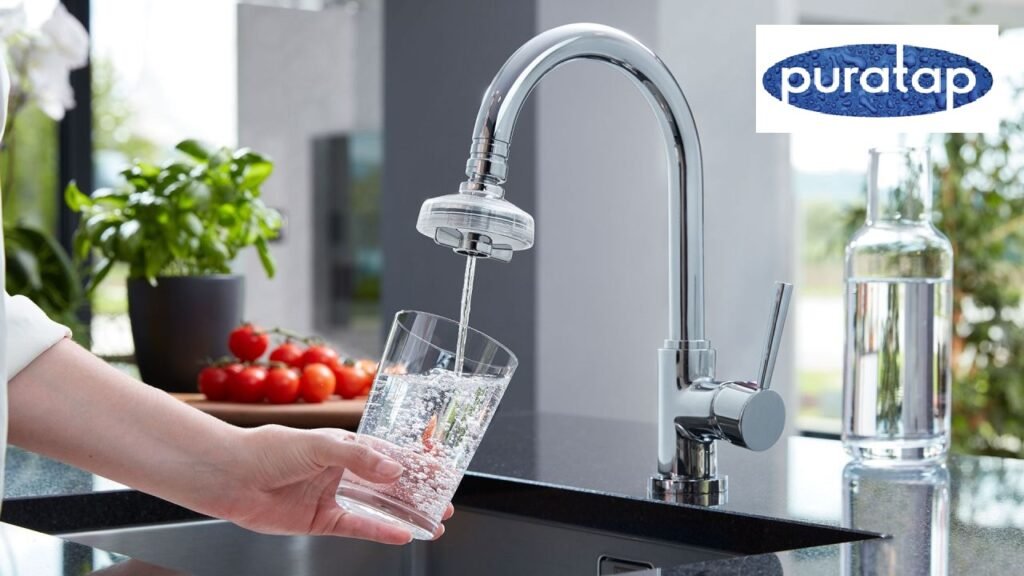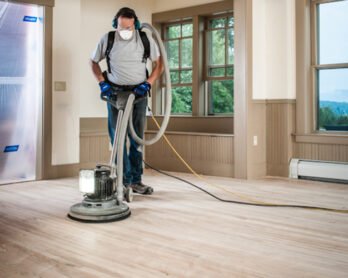The Ultimate Guide to Selecting the Best Water Filter for Your Home

Do you know what’s in your tap water? For most people, the answer to that question is no.
Most municipal water supplies are safe to drink, but that doesn’t mean there aren’t substances present that you wouldn’t want to put into your body—not to mention the harmful contaminants and impurities left behind after it passes through the water treatment process and pipes.
That’s why investing in a high-quality water filter can be so important. To learn how to select the best home Water filters, keep reading!
Types of Filters
The right water filter will depend on what contaminants you are looking to remove from your water. There are three main types of filters: activated charcoal, reverse osmosis and distillation. Activated charcoal filters work by binding potential contaminants together and removing them from your water.
Reverse osmosis filters remove many contaminants, but they also take out beneficial minerals like magnesium and calcium. Distillation removes all of the impurities in your water by boiling it and then cooling it down so that only pure H2O remains.
How To Choose The Right Filter For You
Choosing the best water filter for your residence can be an exhausting task. For this reason, we have compiled a list of things you should consider before purchasing your next water filter.
– What is your water source? If it is hard water, you will want to buy a filter that has been specifically designed to remove minerals and other substances.
There are both in-line and under-sink models available on the market that may suit your needs.

Who Uses Water Filters?
There are many different uses for water filters. Some people use them in their homes because they don’t like tap water or want a more pure drinking experience. Other people use filters in their workplaces, such as coffee shops or restaurants, to make sure the water used is clean and safe.
Other businesses might use them to reduce their exposure to heavy metals, chlorine, and other contaminants that can be found in tap water.
A great number of households buy these types of filters because they help remove certain types of bacteria, chemicals, and harmful microorganisms from your water supply. But what type of filter should you get?
How do you know when to replace your water filter/filtration system?
How often you need to replace your water filter depends on a variety of factors. We recommend replacing your filter every 3-6 months, or sooner if you have hard water.
If you have a reverse osmosis system that filters out minerals, then you can replace your filter every 9-12 months. Reverse osmosis systems are more expensive upfront but they save you money in the long run by removing all chlorine and fluoride from tap water. If your tap water is filtered through limestone or sandstone, then these filters will typically last 1-3 years before needing replacement.
Conclusion
Selecting a water filter is not an easy task. There are many Water filters on the market, and it can be difficult to know which one will work best for your home and needs. We hope that this guide has helped you get a better understanding of what you need in a water filter so that you can make an educated purchase and enjoy fresh, clean water at home.




